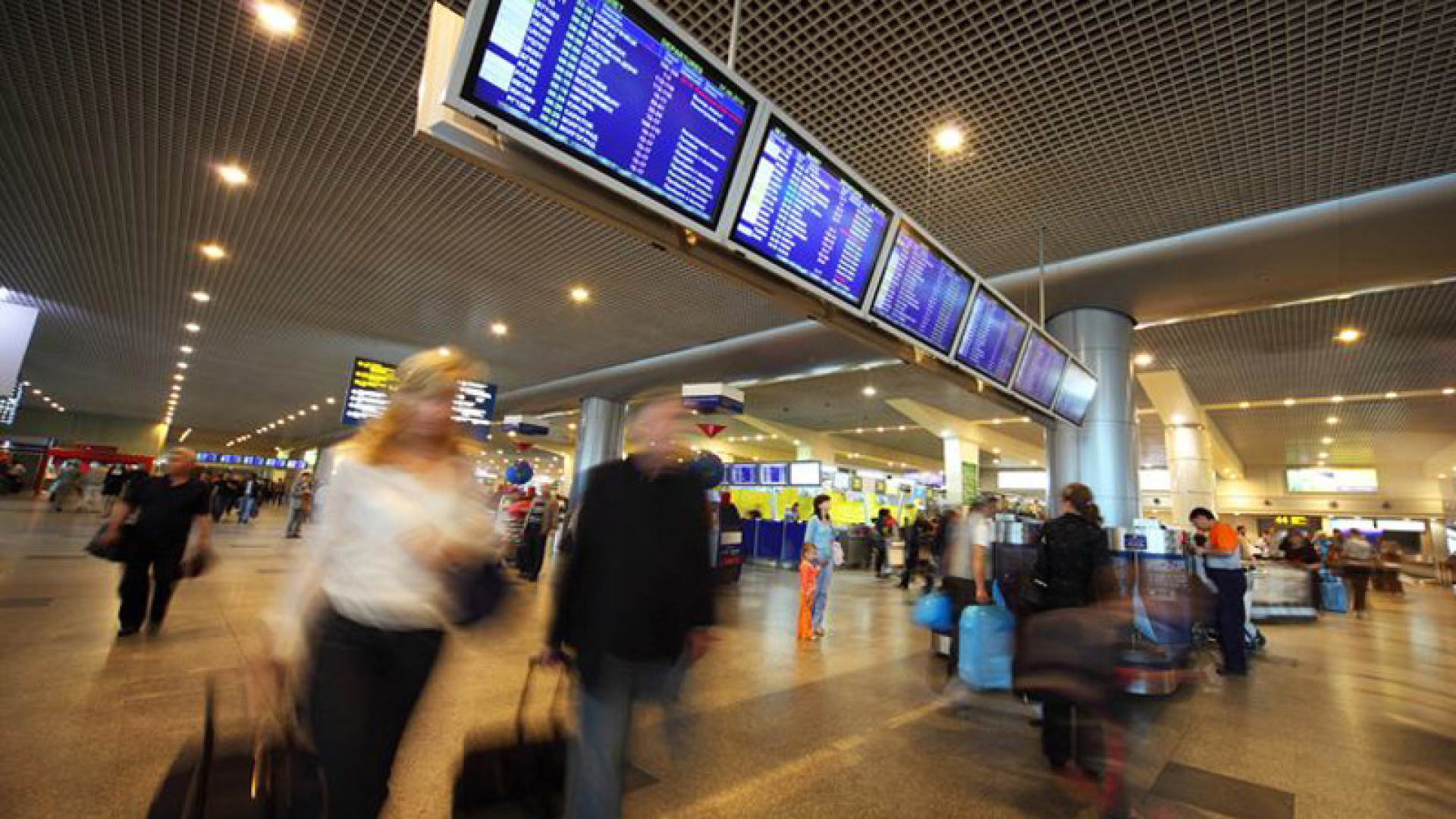Aktualisiert am 03.07.2018
The so-called Travel Ban applies to citizens of seven countries worldwide. Still, the legal challenges against the travel restrictions issued by president Trump continue and the controversy persists.
Artikel teilen:

The so-called Travel Ban applies to citizens of seven countries worldwide. The controversial entry ban, which was issued by president Trump, was just declared admissible by the Supreme Court.
Ratification of Travel Ban
Affected Nationalities
Exceptions
Important for applicants to know
Our recommendation
On June 26, 2018 the U.S. Supreme Court ended the long lasting legal dispute between certain U.S. states and the Trump administration regarding the Travel Ban.
The Supreme Court judges voted the eagerly awaited pronouncement 5:4 in favor of the Trump administration and thus, affirm the last version of the entry ban.
On December 5, 2017 the U.S. Supreme Court allowed the third version of the Travel Ban to take effect – at least on a preliminary basis.
The Executive Order 13780, issued by president Trump in March 2017, regulates and restricts entries to the USA for seven countries. According to the U.S. Department of Homeland Security (DHS) these countries do not meet the requirements of the U.S. government.
The U.S. Department of State provides a chart of all affected countries on their official website.
Following persons of abovementioned nationalities will continue to be able to enter the United States:
For other nationals, who have only visited the countries mentioned above, an entry to the United States is still possible as well.
Due to the very broad definition of immigration regulations, many of the visa applicants and travelers concerned can continue to apply for a U.S. visa or travel to the United States.
Trump's new regulation furthermore allows for other countries to be added to the list of countries banned from travel to the U.S. after regular reviews, as well as some might also be removed. Accordingly, Sudanese or Iraqi nationals are no longer affected by the travel ban.
We advise travelers of the countries concerned, who currently hold a valid visa and a valid status for the U.S. and who currently are in the U.S., ideally not to leave the country or respectively to check whether the exemptions permit a re-entry!
For those who hold a valid visa, we recommend inquiring with the issuing U.S. Consulate before the next entry, to see if your entry is actually permitted.
As always, we will keep you up to date on all new changes and regulations on U.S. immigration law.
Datum:
Wir und unsere Partner nutzen Cookies, um personenbezogene Daten wie z.B. Browsing-Daten zu speichern und abzurufen, um z.B. Inhalte und Werbung bereitzustellen und zu personalisieren sowie die Verwendung der Website zu analysieren und das Benutzererlebnis zu verbessern. Sie erfahren mehr über die Zwecke, für welche wir und unsere Partner Cookies einsetzen, wenn Sie unten auf den Button „Cookie Einstellungen“ klicken. Hier können sämtliche Einstellungen auch geändert werden. Nachträglich kann man jederzeit seine Cookie-Auswahl überdenken oder seine Einwilligung widerrufen, indem man auf den Link zu den Cookie-Einstellungen im Footer unserer Webseite klickt. Beachten Sie bitte, dass das Blockieren einiger Cookie-Typen unsere Möglichkeiten zur Bereitstellung von auf Ihre Interessen zugeschnittenen Inhalten haben kann oder einige Funktionen der Webseite nur eingeschränkt zur Verfügung stehen.
Durch klicken auf “Alle Cookies akzeptieren” stimmen Sie unserer Nutzung und der Weitergabe Ihrer Daten an unsere Partner zu.